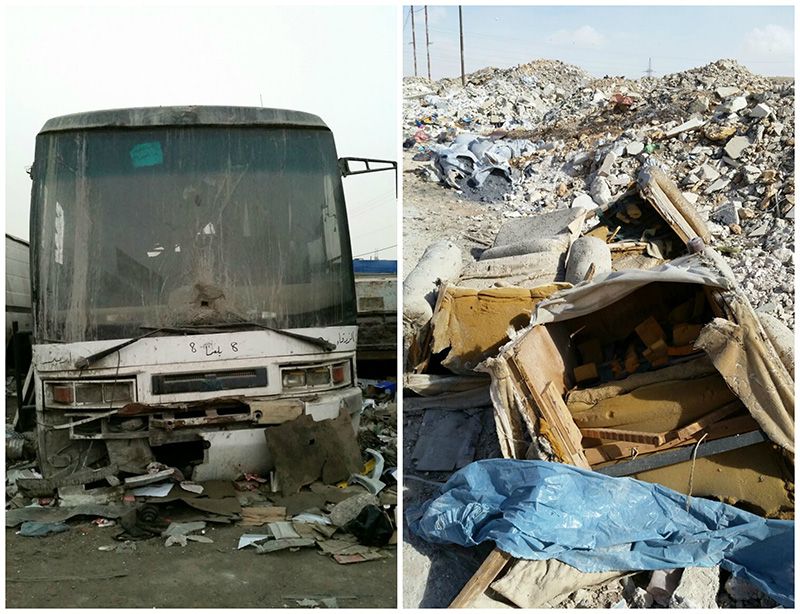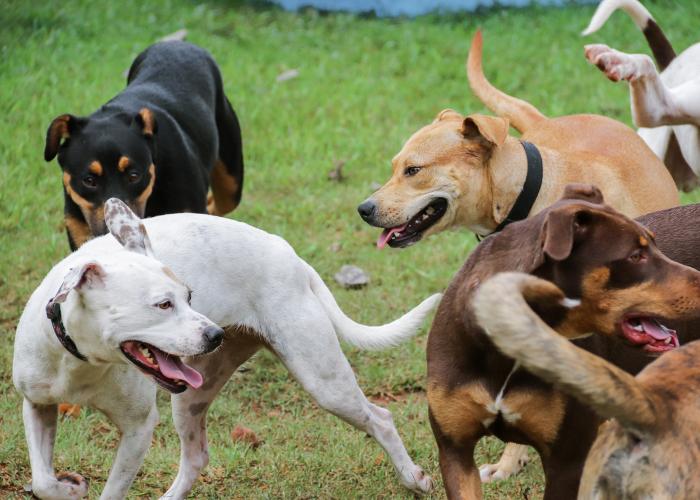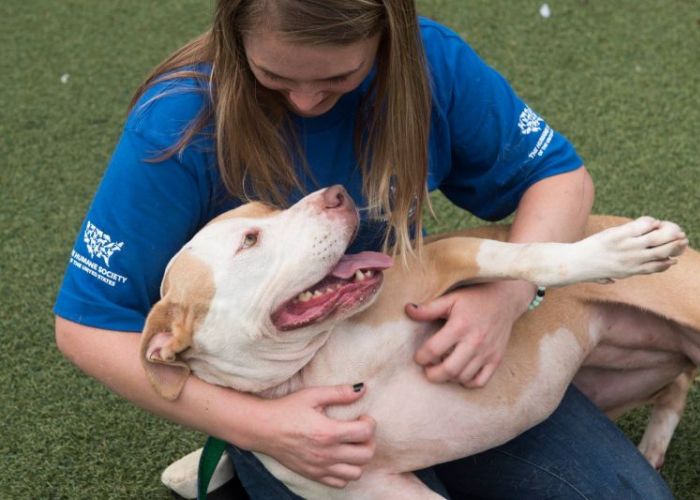Saving our soldiers’ pets
‘No Buddy Left Behind’ program preserves bond between soldiers and strays
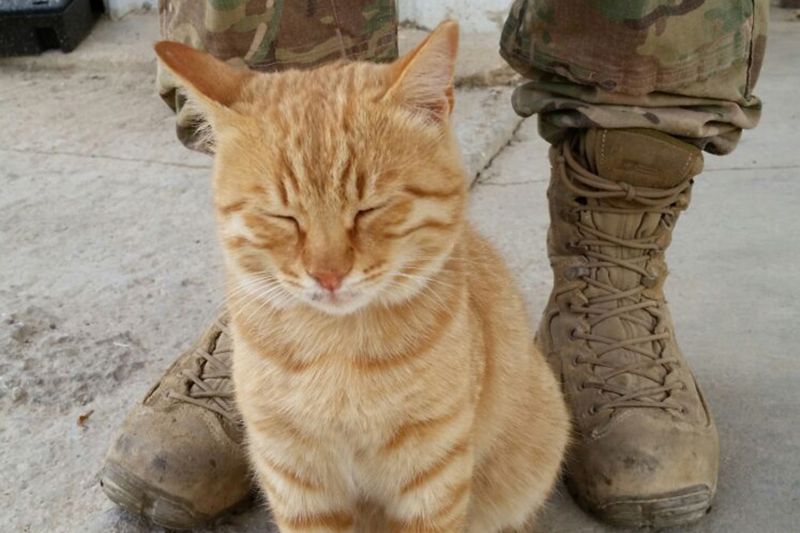
No man or woman left behind—but what about our service men and women’s overseas pets? Members of the military often bond with stray dogs and cats in the Middle East, says Robert Misseri, president of Guardians of Rescue (GOR), a New York-based nonprofit. “It makes them feel at home,” he says. “It makes them feel normal, [like] they’re not in a war zone.”
Because the dogs and cats aren’t military working animals, it’s against U.S. military policy to transport them on military planes, says Misseri. (In fact, per General Order Number 1, it’s prohibited for soldiers in Iraq to even adopt pets.) Members of the armed forces have typically been forced to leave their adopted pets behind at the end of a tour—knowing that, in some countries, the animals are likely to be killed. In 2010, the Iraqi government was hunting and executing an average of 2,400 stray dogs a day in an attempt to control overpopulation, Baghdad’s chief veterinarian told the U.K.’s Daily Mail.
Over the past five years, GOR has rescued around 50 strays like Majnoon (Arabic slang for “crazy”), Ghost, Amigo and Lilly, fielding heartfelt requests from families of Green Berets, Navy SEALs and even a member of the British Army stationed with American troops. Family members say that “the biggest burden that these service members are experiencing is the burden of having to leave these animals behind,” says Misseri. “It weighs so heavy on them.”
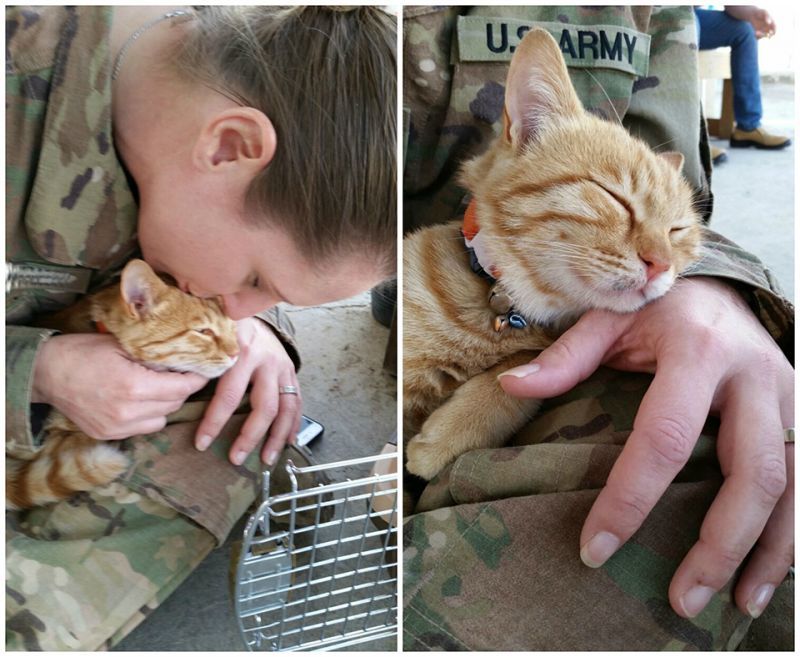
For two of those years, rescuing the pets has meant sending lone GOR volunteers—ex-service members themselves—to base locations in the Middle East. Retrieving the animals is a potentially dangerous task, sometimes requiring the volunteers to travel in disguise, he says. Volunteers must receive clearance from base commanders before traveling to the undisclosed locations; until service members return home, the rescued cats and dogs are delivered to the soldiers’ and sailors’ spouses in the U.S. and the U.K.
Few airlines that fly out of the Middle East allow pets as “baggage,” safe in the main airplane cabin, rather than “cargo,” in the below-deck hold. Animals arriving from the Middle East are also restricted from landing in some cities. “It gets complicated,” says Misseri, and each rescue mission, which may include multiple animals, costs around $3,000-$4,000. Service members’ families contribute what they can, but for the most part, GOR funds the rescues through donations.
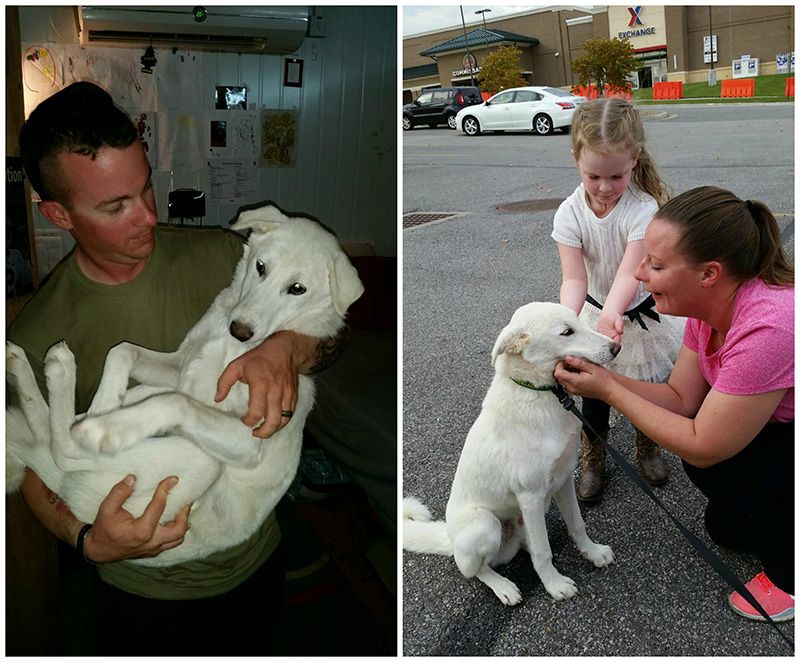
Wives and husbands at home “feel like they know the pets already,” says Misseri, “because that’s all their spouses talk about. … They almost get jealous; half their conversations [with service members on base] is about the pet that they have!” Still, the rescue offers training and care packages to help animals adjust to life off-base.
As for the pet parents back in the Middle East, “they’re ecstatic,” says Misseri. “They can’t believe [their pet] is finally safe.” In November, Majnoon’s mom Melanie FaceTimed with his rescuer as he offloaded the orange tabby into a car stateside. (For her safety, we were asked to withhold the soldier’s last name.)
“We’ve got a few more [animals] here,” she said, after blowing kisses through the phone at her cat. “A few more.”
